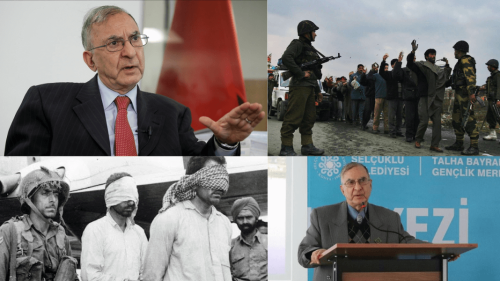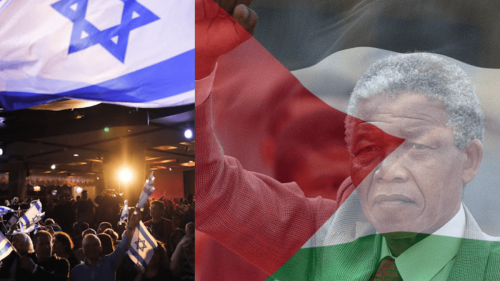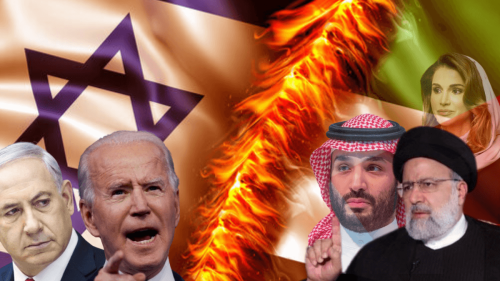Kashmir: The Gamechanger

It was expected, even though the ruling Bhartiya Janata Party (BJP) in its election manifesto in April 2019 had assured the people of Kashmir that it would not change the Article 370 of the constitution that gives them the autonomy. On August 5, ten days before India's 73rd celebration of independence and 69 years and 40 days after India agreed to a United Nations resolution on the right of self-determination for the people of Kashmir, Jammu and Kashmir, one of the 29 states in India was stripped off its statehood and given the status of the eight union territory to be governed by the President with state elected body having limited powers.
What was done by the BJP as part of its ultimate goal was to ensure that the constitution does not give special privileges to any state. India initially had given special status to three states, Assam, Nagaland, and Jammu & Kashmir but eight more were added later and they are Arunachal Pradesh, Himachal Pradesh, Manipur, Meghalaya, Mizoram, Sikkim, Tripura, and Uttarakhand.
Why was Kashmir picked as the first state to be stripped off its special state?
Kashmir is the major source of tension between India and Pakistan. India has accused Pakistan of fomenting trouble in the Indian side of Kashmir after occupying part of Kashmir known as Azad Kashmir. India believes that the special status granted to Jammu and Kashmir does not empower the union government to take appropriate measures to control Pakistani influence in the Kashmir valley. India also believes that due to its special status, non-Kashmiris cannot buy land or invest in the state.
But the issue is not related to administrative technicalities or cross border influence. Kashmir occupies a special status in Hinduism. It is believed by the Hindu religious scholars that when Buddhism gained its ground in the Kashmir region, casteism became less prevalent with the exception of the uppermost caste, Brahmins who resisted the changes. Brahmins of Kashmir are considered the most nobles within the Brahmins of India and they had a special status because of higher positions women held in their community. Islam gained its followers in the seventh century but it was in the 14th century Kashmir became a predominantly Muslim region. It is said that during the reign of the sixth ruler of Shah dynasty known as Shah Miri, known as Sikandar Butshikan, the Hindus were asked to accept Islam or leave the state. Many left the region. Later on, his heir Zainul Abdin is said to have restored Brahmins their property and those who were forcibly converted to Islam were allowed to return.
The Hindu nationalist organizations including RSS and BJP believe that Hindus, especially, belonging to the upper castes were forcibly converted to Islam and it is their duty to facilitate their return to their original religion and ensure that the state is restored to its original Hindu inhabitants. It is this religious fervor that is behind the BJP's latest move in changing the constitution on the issue.
Many Kashmiris believe that the BJP initiative would not stop here. Kashmir is the northernmost geographical region of the Indian subcontinent. It includes a larger area that includes the Indian administered territory of Jammu and Kashmir and Ladakh, the Pakistani-administer territories of Azad Kashmir and Gilgit-Baltistan and Chinese administered territories of Aksai Chin and Trans-Karakoram Tract. J & K has a population of over 12 million with 70 percent Muslims.
Many believe that the next step would be to change the demography of the state and the final step would be the reunification of Kashmir. This would infuriate Pakistan and even China with the possibility of increased hostilities leading even to a war.
Obviously, in this latest BJP move, the Kashmiri Muslim leadership was kept in dark. The entire Muslim leadership was detained and Muslim regions were put under curfew. State and universities were closed and the news was not allowed to travel out of the area. This would create more bitterness among Muslims in Kashmir. The ruling party invited the Hindu and Buddhist constituents of the state to discuss the issue, but Muslims were completely kept in dark. On the contrary, they were given the assurance that nothing dramatic was going to happen. The sense of betrayal is likely to turn more Kashmiri youth to militancy. This situation could be exploited by anyone with a goal to destabilize India. The BJP believes that it has the mass support of the rest of India for its stand and it has the right military might to control any militancy whether domestic or foreign. Armed with legislation that gives the government a power to detain any individual under the pretext of terrorism, the BJP is confident to sail through the Kashmir controversy. Will it lead to peace in the region? It is a guessing game.
This article was originally published on August 8, 2019.
Topics: Human Rights, India-Pakistan Relations, Kashmir
Views: 1151
Related Suggestions

















